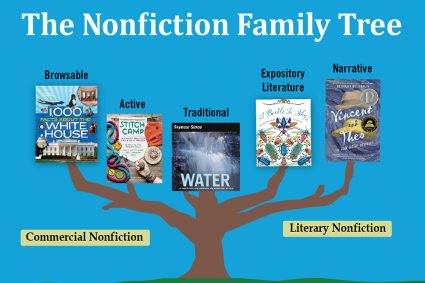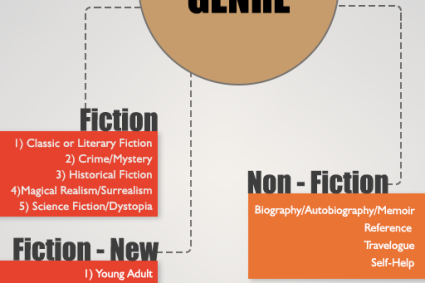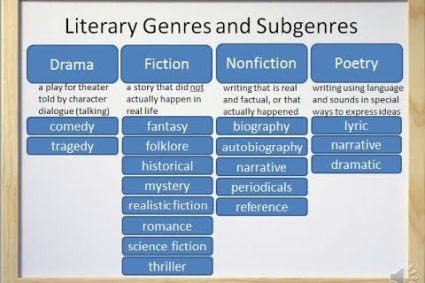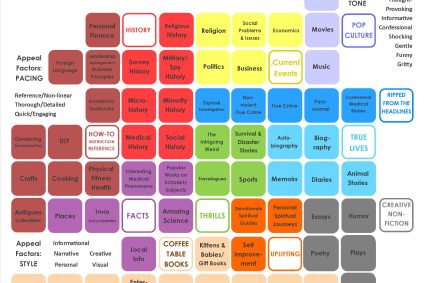
In the realm of education, the marriage between theatre, arts, and the learning process is a transformative partnership that transcends traditional boundaries. Understanding the profound impact of drama and artistic expression in education unveils a world where creativity, empathy, and critical thinking take center stage, shaping well-rounded individuals poised for success in an ever-evolving world.
Fostering Creative Expression:
At its core, theatre and the arts serve as powerful mediums for fostering creative expression. Students engaged in drama, visual arts, music, and dance are provided with a platform to explore and articulate their unique perspectives. This creative freedom not only nurtures a love for the arts but also cultivates innovation and originality in thinking.
Building Confidence and Communication Skills:
Participation in theatrical productions encourages students to step into the limelight, fostering a sense of confidence and poise. The collaborative nature of theatre hones communication skills, teaching individuals how to express ideas clearly, listen actively, and work effectively within a team—a set of skills applicable across various academic and professional domains.
Cultivating Empathy and Cultural Understanding:
Theatre, with its ability to showcase diverse narratives, cultivates empathy and cultural understanding. Through the portrayal of characters from different backgrounds and historical periods, students gain insights into the human experience, fostering a broader worldview and promoting tolerance and acceptance.
Enhancing Critical Thinking and Problem-Solving:
Participation in dramatic activities requires students to analyze, interpret, and synthesize information—skills essential for critical thinking. The process of script analysis, character development, and understanding the nuances of performance enhances problem-solving abilities, encouraging students to think creatively and adapt to varying situations.
Encouraging Emotional Intelligence:
Theatre and arts education provide a safe space for students to explore and express emotions. Through acting, painting, or musical composition, students develop emotional intelligence, gaining a deeper understanding of their own feelings and those of others. This heightened emotional awareness contributes to improved interpersonal relationships and social skills.
Fostering a Sense of Community:
Participating in theatrical productions or collaborative art projects fosters a sense of community among students. The shared experience of creating, rehearsing, and presenting a performance builds strong bonds, promoting teamwork, cooperation, and a collective sense of achievement.
Promoting Lifelong Learning and Appreciation for the Arts:
Exposure to theatre and the arts instills a lifelong appreciation for creativity and cultural expression. Whether as active participants or enthusiastic spectators, students who engage with the arts are more likely to continue seeking out artistic experiences, contributing to a society that values and supports the arts.
Conclusion: The Artistic Tapestry of Education:
In the grand tapestry of education, theatre and the arts weave vibrant threads that enrich the learning experience. The impact goes beyond the stage and the canvas—it resonates in the development of well-rounded individuals equipped with the skills, perspectives, and creativity necessary to navigate the complexities of an interconnected world. Embracing the role of theatre and the arts in education is not merely an option; it is an investment in the holistic growth and enrichment of future generations.






